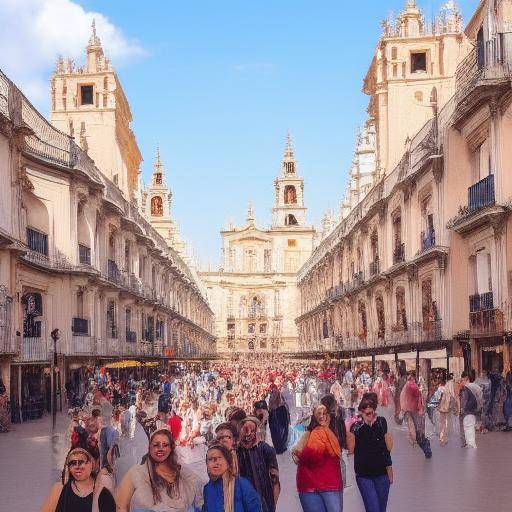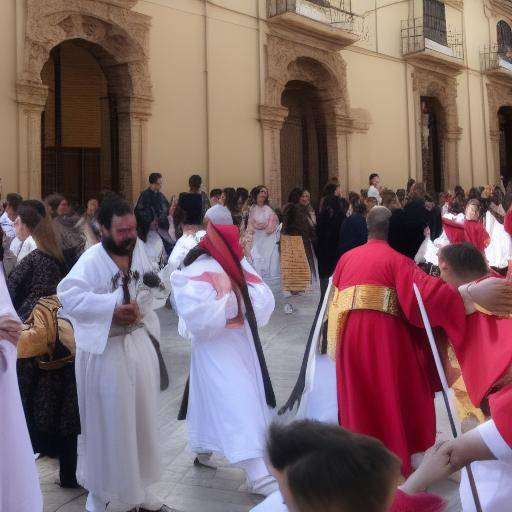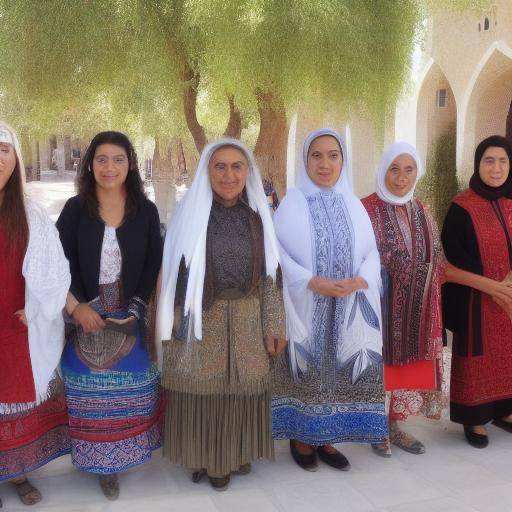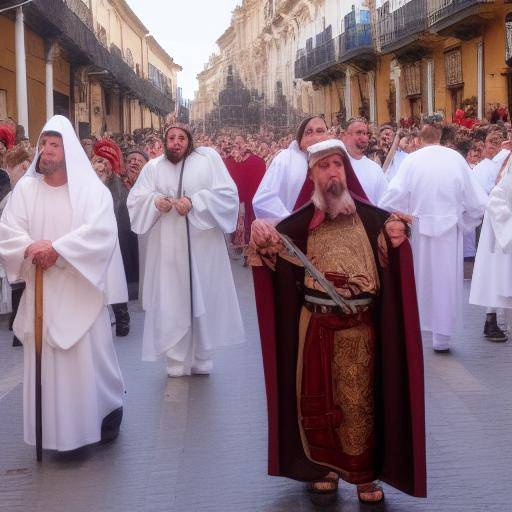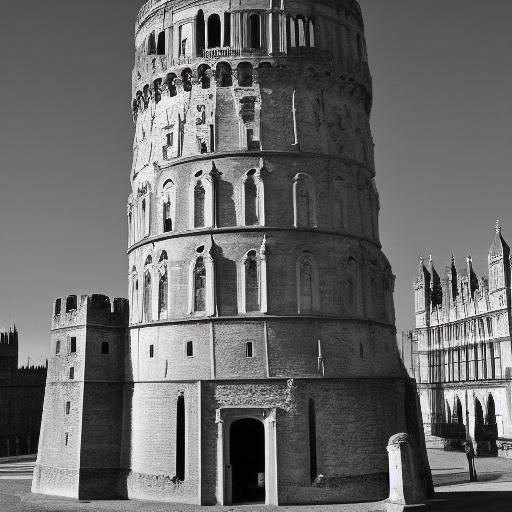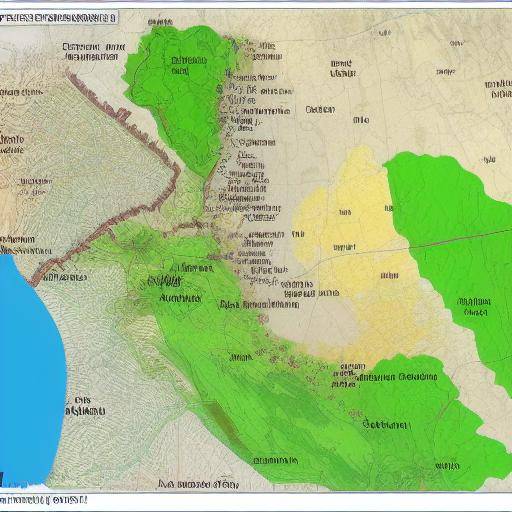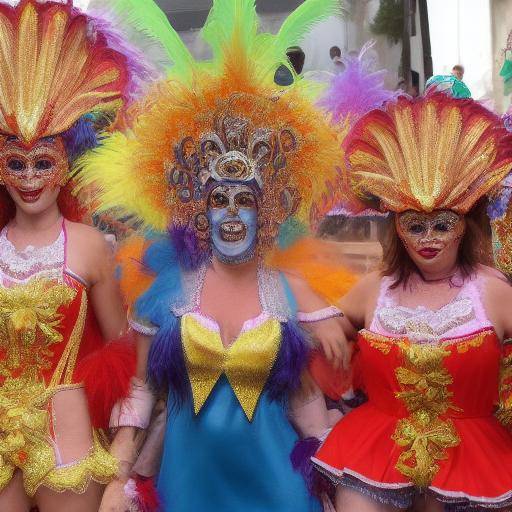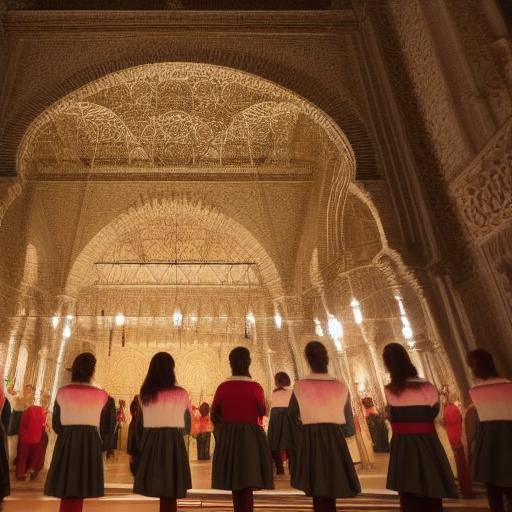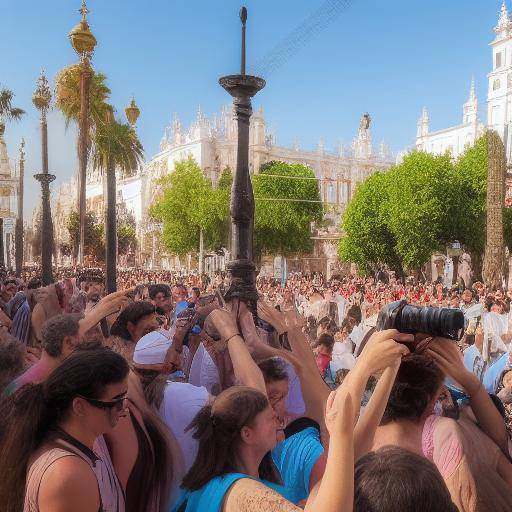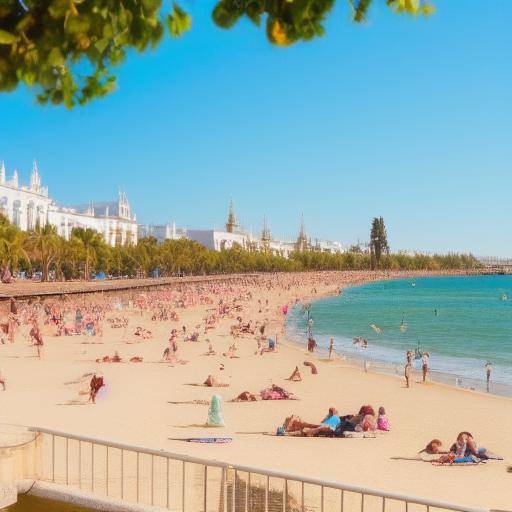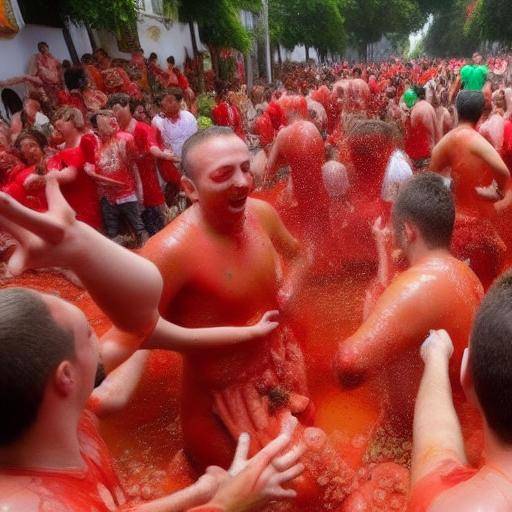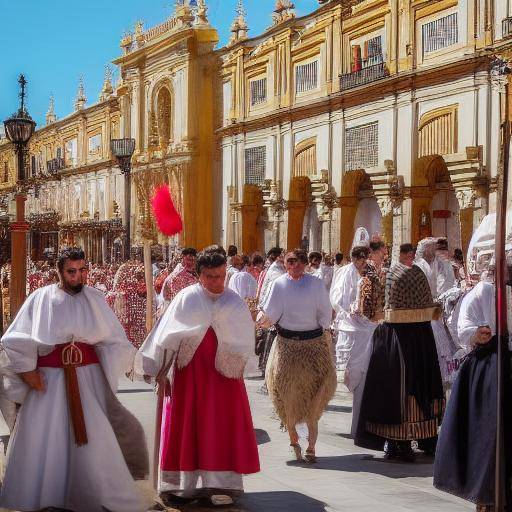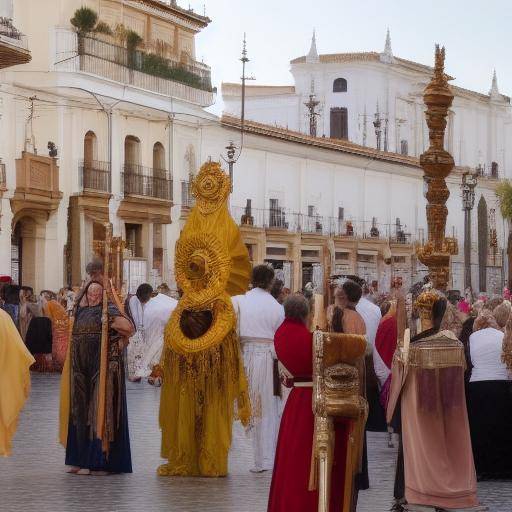
The Holy Week in Seville is an event deeply rooted in Spanish culture, which attracts visitors from around the world with its impressive processions, symbolisms rich in history, and traditions dating back centuries. In this article, we will explore the cultural lessons behind the Holy Week in Seville, stopping us in its symbolism, customs and legends. Discover the fascinating history, hidden meanings and unique experiences that make this celebration one of the most emblematic in Spain.
Introduction
The Holy Week in Seville, a celebration that is held annually during the last week of Lent, is a unique cultural experience that merges religion, history and tradition into a visual and emotionally impactful show. Throughout this article, we will explore the cultural richness that encloses this event, unraveling its symbolism, penetrating into its entrenched customs and exploring the legends that have permeated this celebration throughout the centuries.
History and Background
The history and evolution of Holy Week in Seville date back several centuries, with deep roots in Catholic tradition and a legacy that has endured over time. From its humble beginnings as a local religious celebration, to becoming one of the most influential and internationally recognized events, the Holy Week in Seville has experienced a fascinating evolution that has left an impression on Spanish culture.
The Tradition of Processions
A central component of Holy Week in Seville is the impressive processions that fill the streets of the city with a solemn aura and religious fervor. Each brotherhood organizes its own procession, which includes religious figures, elaborately decorated steps and music bands. Processions offer an opportunity to reflect on the deeper aspects of faith and tradition, while exhibiting a widely valued artistic expression.
The Simbolismos of Holy Week
From the robes and capirotes that the participants of the processions wear, to the symbolic gestures and the sacred images that are displayed, the Holy Week in Seville is full of symbolisms that transmit deep messages and meanings rooted in history and religion. Each element of the celebration is impregnated with symbolism, inviting an interpretation beyond the superficial.
The Legends that accompany the Celebration
Holy Week in Seville is not exempt from legends that have helped to enrich its meaning over the years. From ancient accounts that narrate mysterious Origen of certain traditions, to miracle stories associated with religious figures venerated during the celebration, these legends add an additional layer of mysticism and fascination to Holy Week in Seville.
Cultural Education
Easter in Seville is not only a religious festival, but also a valuable opportunity for those interested in cultural education and the history of Spain. The wealth of symbolism, traditions and legends offers a unique window to understand the culture, beliefs and social practices that have shaped the fabric of Sevillian society over the centuries.
The Impact of Holy Week on Spanish Culture
Easter in Seville has a significant impact on Spanish culture, influencing everyday life, artistic expression and the collective identity of the city and its inhabitants. The event is a testimony to the profound connection between religion and culture in Spain, and represents a unique opportunity to explore this link in a contemporary context.
Conclusion
The Holy Week in Seville is much more than a religious celebration; it is a vibrant symbol of Spanish culture, history and tradition.The Holy Week in Seville is a window to cultural wealth and traditions rooted in the history of Spain. The symbolisms, customs and legends that surround it offer a unique perspective on Spanish culture and identity. In exploring these aspects, we immerse ourselves in an enriching experience that allows us to appreciate the depth of values and legacy that have endured over the centuries.
Frequently asked questions
1. What is the historical origin of Holy Week in Seville?
The Holy Week in Seville has its roots in Christian religious celebrations dating back to the Middle Ages. Although its present form has developed over the centuries, its essence as a festive of religious fervor has endured since its inception.
2. What is the meaning of the symbolisms present in Holy Week?
Symbols of Holy Week in Seville have various interpretations, from representations of faith and devotion to historical symbols that reflect the cultural identity of the region.
3. What legends are associated with Holy Week in Seville?
Among the best known legends are those that narrate miracles attributed to religious figures venerated during the celebration, as well as mysterious accounts about the origin of certain traditions associated with Holy Week.
4. How does Holy Week in Seville contribute to cultural education?
The Holy Week in Seville offers a unique opportunity to understand the history, culture and traditions of Spain, providing an enriching experience for those interested in cultural education and the exploration of the roots of Spanish identity.
5. What is the impact of Holy Week on Spanish culture in general?
The Holy Week in Seville has a significant impact on Spanish culture, influencing artistic expression, collective identity and everyday life of the city and its inhabitants, demonstrating the deep connection between religion and culture in Spain.
6. What aspects of Holy Week in Seville are particularly relevant from an educational and cultural perspective?
From the antiquity of traditions to the profusion of religious symbolisms and the transmission of legends rooted in history, the Holy Week in Seville offers countless opportunities for reflection and cultural learning, enriching the understanding of Spanish identity.
With this, we concluded our tour of the cultural lessons of the Holy Week in Seville. The depth of their symbolism, the value of their traditions and the mysticism of their legends invite us to immerse ourselves in the history and identity of one of the most emblematic celebrations in Spain. Holy Week in Seville is much more than a religious festival; it is a cultural legacy that connects us with the roots of a nation full of traditions and passion for its history and identity.
Finally, we encourage our readers to explore more deeply this fascinating celebration and to immerse themselves in the cultural wealth that enclose their symbolisms, customs and legends, an experience that will undoubtedly enrich the understanding of the history and identity of Spain.


